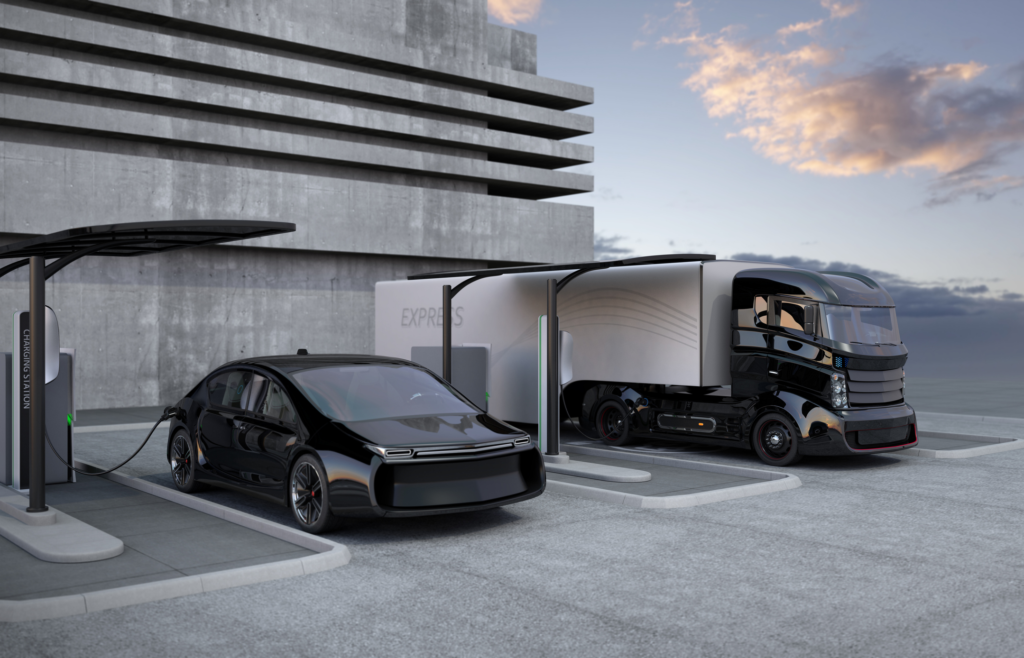
The automotive industry is undergoing a paradigm shift in the face of escalating environmental concerns and a rapidly evolving technological landscape. Electric Vehicles (EVs) have emerged as the vanguard of this transformation, offering a promising alternative to conventional internal combustion engines.
This article explores the multifaceted wonders of electric vehicles, delving into their impact on urban mobility, battery technology advancements, environmental significance, design innovations, and the critical role of charging infrastructure.
Revolutionizing Urban Mobility
Electric vehicles are poised to revolutionize the way we navigate our urban landscapes. With zero tailpipe emissions, they promise cleaner air and a reduced carbon footprint. Commuters gradually shift from traditional vehicles to EVs, drawn by the prospect of cost savings and environmental benefits.
Moreover, integrating innovative technologies in EVs transforms them into connected hubs, seamlessly blending with intelligent cities for a more efficient and convenient urban transportation system.
Cutting-edge Battery Technology Powering the EV Revolution
At the heart of the electric vehicle revolution lies groundbreaking advancements in battery technology. Lithium-ion batteries have emerged as the frontrunner, offering high energy density and rapid charging capabilities.
Ongoing research and development drive innovations, promising even more efficient and sustainable energy storage solutions. Solid-state batteries, for instance, are on the horizon, with the potential to revolutionize the industry by offering higher energy density and safety levels.
Environmental Impact and Sustainability: Why EVs Matter
The environmental benefits of electric vehicles are significant and far-reaching. By eschewing fossil fuels, they reduce air pollution and greenhouse gas emissions, mitigating the adverse effects of climate change.
As renewable energy sources gain traction, the carbon footprint of charging EVs further diminishes. This paradigm shift towards sustainable transportation is crucial in ensuring a greener, more sustainable future for generations to come.
The Road Ahead: Trends and Innovations in Electric Vehicle Design
The design landscape of electric vehicles is undergoing a renaissance. Automakers are pushing boundaries to create cars that are not only eco-friendly but also aesthetically appealing, efficient, and user-friendly. EV design is synonymous with innovation, from sleek aerodynamic profiles to spacious and ergonomic interiors.
Additionally, integrating autonomous driving features is poised to redefine how we perceive and interact with transportation.
Charging Infrastructure: Paving the Way for a Greener Future
A robust charging infrastructure is the linchpin of widespread electric vehicle adoption. As governments and private enterprises invest in expanding charging networks, range anxiety diminishes, and EV ownership becomes more accessible and convenient. Rapid chargers, superchargers, and at-home charging solutions contribute to the ease of transitioning to electric vehicles. Moreover, the development of wireless charging technology promises even greater convenience.
Conclusion
The future of transportation is undeniably electric. Electric vehicles represent a convergence of sustainability, technology, and design innovation reshaping the automotive industry. With advancements in battery technology, a focus on environmental sustainability, innovative design, and a burgeoning charging infrastructure, the wonders of electric vehicles are poised to usher in a new era of transportation that is cleaner, smarter, and more efficient. Embracing this revolution is not just a choice but a collective responsibility towards a more sustainable planet.
What’s up everybody, here every person is sharing these know-how, therefore it’s fastidious to read this web site, and I
used to pay a quick visit this web site every day.